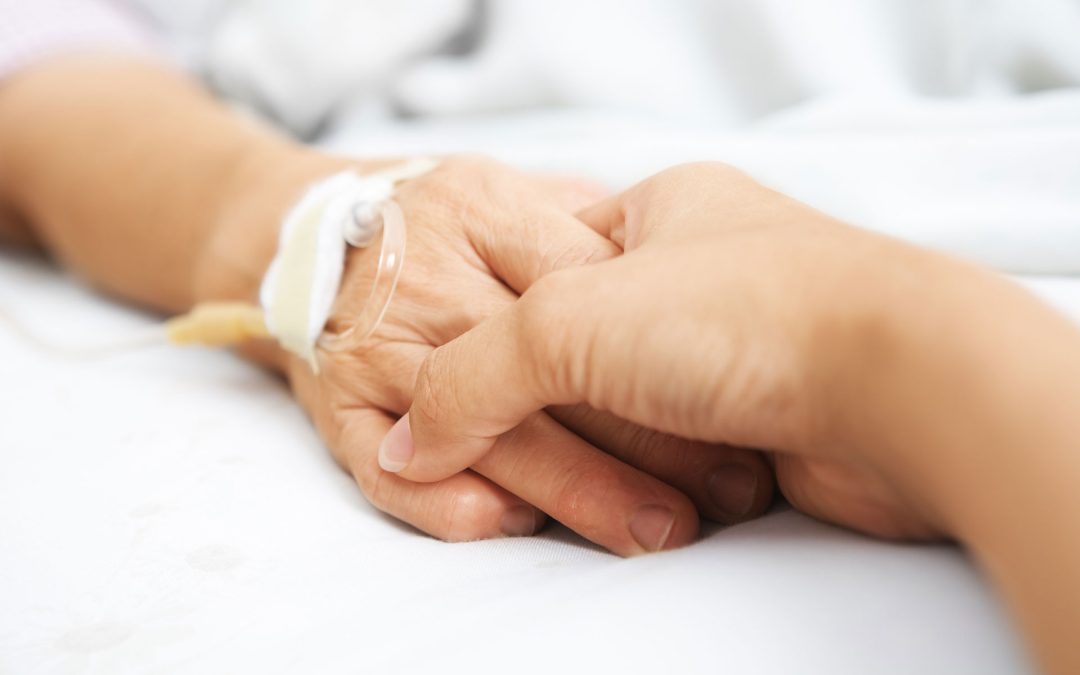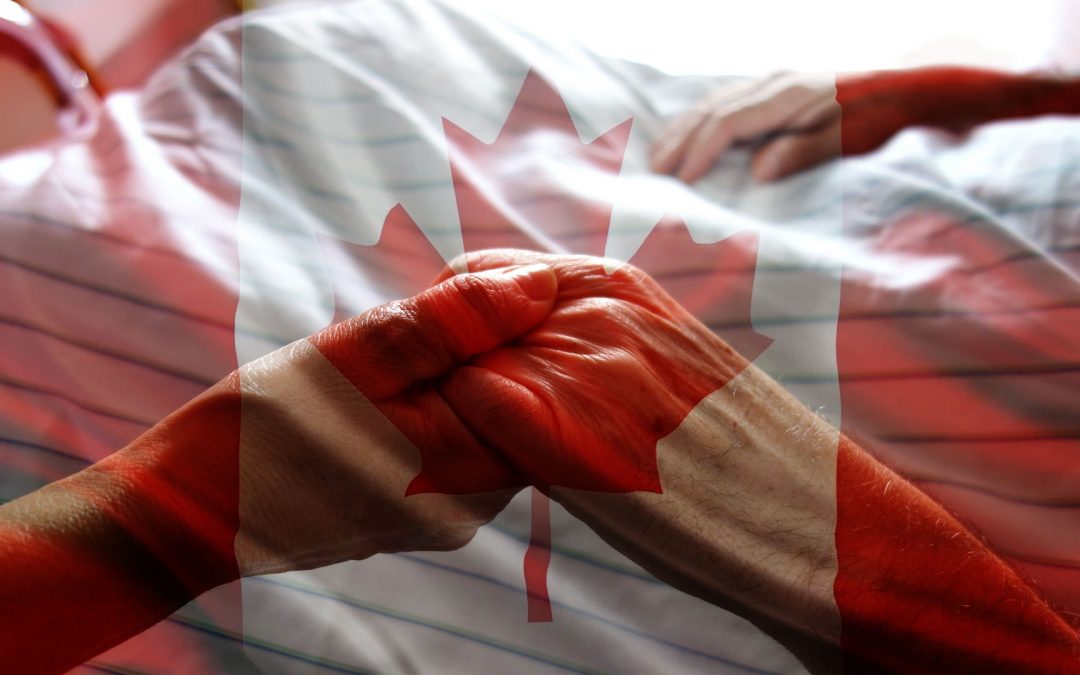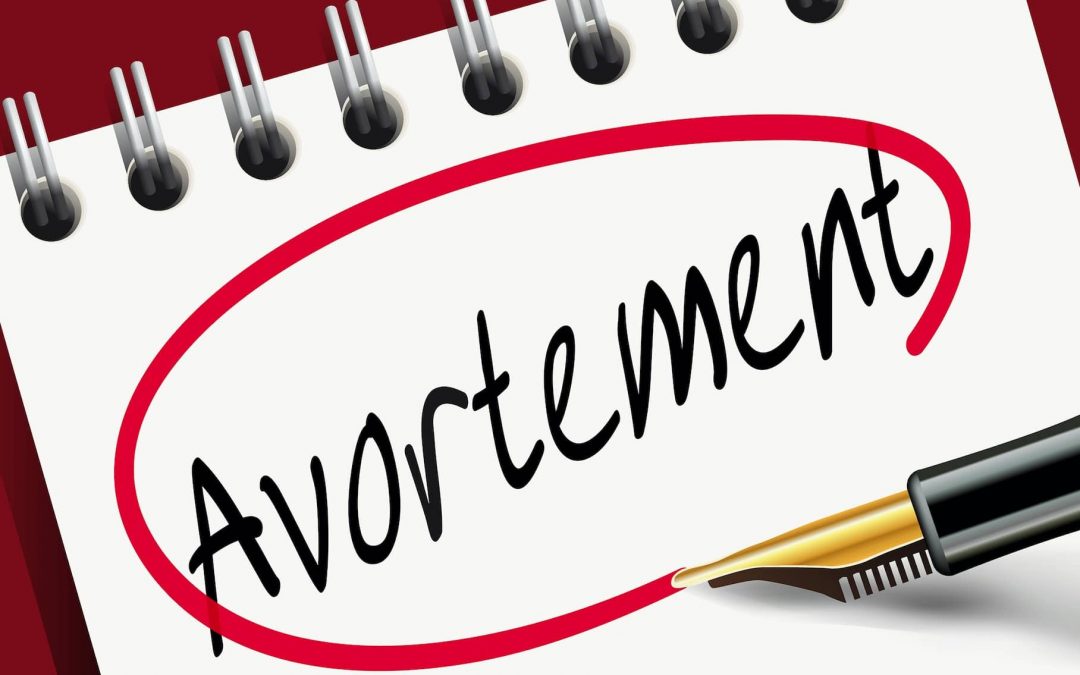On 4th October, the European Court of Human Rights passed judgement in a case opposing a Belgian citizen, Mr. Tom Mortier and the Kingdom of Belgium, concerning the euthanasia performed on his mother on 19th April 2012. Aged 64 and suffering from chronic depression diagnosed some forty years beforehand, she was euthanised without her son, the plaintiff, nor her daughter being informed. The court indicated that the present case has nothing to do with the existence or not of a right for euthanasia, but deals with the compatibility of the euthanasia as conducted on the mother of the plaintiff with regard to the European Convention of Human Rights.
The facts:
Whilst considering euthanasia, Mme De Troyer, the mother of the plaintiff, in September 2011 contacted Professor Wim Distelmans, following the refusal of her general practitioner to accompany her. Mme De Troyer had also been treated by a psychiatrist for many years. During the following months, the patient was interviewed on several occasions by the professor who also sent her to see two psychiatrists in succession. On 14th February, the patient submitted a formal application for euthanasia and on the same day, a psychiatrist issued a report concluding on the admissibility of her request. On 17th February, another practitioner examined the patient and gave a positive response to the application. The three practitioners, the number required by the procedure in the event of psychiatric disorders, were all members of LEIF (LevensEinde InformatieForum, Information Forum for the End of Life) which militates for euthanasia. During the various interviews, several practitioners advised the patient to make contact with her two children. She sent an email to her two children on 31st January to inform them of her request for euthanasia. This was performed by Professor Distelmans on 19th April, after interviewing Mme De Troyer several times during the previous weeks. The following day, the hospital informed her son, Tom Mortier, of his mother’s death.
On 20th June, the federal commission for the control and evaluation of euthanasia, co-presided by the professor, examined the euthanasia declaration record document received on 20th June and drawn up by the same professor. The commission concluded that the procedure had been conducted in accordance with the terms of the law.
After a few exchanges between the son and the professor, Mr. Mortier lodged an initial complaint in April 2014 against persons unknown, with the Crown Prosecutor. Meanwhile, he submitted in parallel, an initial enquiry with the European Court in October 2014, considered unacceptable as the internal appeal channels, in Belgium, had not all been exhausted. The complaint was dropped by the Belgian Prosecutor in May 2017 with no further action and Tom Mortier introduced a new appeal to the European Court in November 2017. In May 2019, the Belgian legal authorities opened a second penal inquiry, which was closed in December 2020, since the Chamber considered that there was no case to answer.
The judgement by the ECHR
The judgement by the Court concerned the compatibility of the euthanasia performed with respect to two articles of the convention. On the one hand, under article 2 on the “right to life”, and further under article 8 on the “right for respect of privacy and family life”. The recent advice of the CCNE (National Consultative Ethics Committee), also referred to these two articles in its short legal analysis. The Court recalled its previous jurisprudence. There is no right to die with the assistance of a third party or the State, but according to the majority of judges, the convention and in particular article 2 does not prohibit as such the practice of euthanasia in a legal context. It should be noted that a judge, dissident with the majority on this point, considers that euthanasia is already a violation of article 2. In his opinion, he stresses that euthanasia is not expressly mentioned as an exception to the right for life, which the signatory States could have included when drawing up the Convention if they had wanted to establish the right for euthanasia. Basically, the purpose of euthanasia is to terminate life, whereas the purpose of article 2 is “to preserve and protect“. A reading of article 2 introducing exceptions such as euthanasia “would leave no room for the stated positive obligation for member States to preserve human life, which appears among the most important declarations and developments of the Court jurisprudence. The protection afforded by article 2 must be general rather than fragmentary, and article 2 must be read coherently, in order to guarantee the effective protection of the right to life irrespective of the threat.” In other words, for that judge, article 2 takes precedence over article 8 “the right for respect of privacy”, as “once deprived of life, the dearest and most precious possession, an individual cannot exercise nor enjoy any other fundamental rights, and those rights are therefore emptied of their substance.”
The majority however voted 5 against 2 that there was no violation of article 2 “due to the legal context regarding the acts prior to euthanasia” nor any violation of the same article “with respect to the conditions under which the euthanasia was conducted on the plaintiff’s mother.” According to the Court, the decriminalisation of euthanasia may be compatible with article 2 if it is “controlled by the establishment of adequate and sufficient guarantees intended to avoid abuse and, thus ensure respect for the right to life.” The Court stipulated three conditions for compatibility:
- The existence in law and in practice of a legal framework regarding the acts prior to euthanasia
- Compliance with the legal framework established in each case of euthanasia
- The existence of a verification, subsequently in the Belgian case, with an adequate, detailed and independent investigation.
In consequence, and unanimously, the Court stated “that article 2 of the Convention had been violated due to the failings of the verifications conducted subsequent to the euthanasia performed.” It noted that the first criminal investigation lasted more than 3 years “whereas no required investigation appears to have been undertaken by the Crown Prosecutor. The Government does not indeed dispute the lack of effectiveness of this first investigation.” Additionally “considering the crucial role played by the Commission in the subsequent verification of euthanasia, the Court considers that the verification system established for the purpose did not ensure its independence, irrespective of any actual influence which may have been applied by professor D. on the decision taken by the Commission on the subject.”
Finally, the Court rejected the claim by Tom Mortier concerning the violation of article 8, considering that his right to privacy and family life had not been violated by his mother’s euthanasia. In its judgement, the Court considered that the doctors took all reasonable measures, with respect to the law and their duty of confidentiality, by encouraging her to contact her children.
Conflicting interests and autonomy: the dissidence of a judge.
In her opinion “partly in agreement and partly dissident” judge Maria Elosegui, closely examined two particular aspects of the case: the potential conflict of interests between the doctors and the patient and the question of the patient’s autonomy. The judge began by recalling, quoting a study, that the doctor/patient relationship is asymmetrical because patients “ask for help in a situation of necessity, whilst trusting the moral integrity and competence of the medical staff.” This condition should lead legislators to reinforce the prevention of conflicting interests with the doctors. The judge then expressed her opinion, based on a detailed analysis of the case in question, considering that “not only were there failings in the verifications subsequent to euthanasia, but also that the rules governing the working of the commission do not provide the guarantees and safeguards required by article 2 of the Convention, and that this operating mode cannot be considered as being within the margin of appreciation of the States.” Concerning the inadequacy of the Belgian arrangements, several facts were quoted in her opinion. The 2012 report by the Control Commission established that of its 4 French-speaking member doctors, 3 belonged to the ADMD management board (association for the right to die with dignity), and that of the 4 Dutch-speaking doctors, 2 belonged to the LEIF management board. In the case considered, according to the Government, the commission voted unanimously to approve this euthanasia, whereas the doctor who performed the euthanasia took part in the vote. Even more disturbing, the medical expert appointed by the examining magistrate noted that “there was not a single document in the file regarding the declaration of euthanasia submitted to the commission, nor concerning its verification “, and nevertheless “the prosecutor had considered that the euthanasia of the plaintiff’s mother complied with the conditions specified by law.” The independence of the three doctors, members of LEIF, an association militating for euthanasia and which is presided over by Professor Distelmans, is also questionable.
Finally, the judge highlighted the importance of not giving precedence to autonomy over the other bioethical principles of benevolence, non-malevolence and justice. Moreover, autonomy covers several meanings and the relational aspect cannot be ignored. In the case of a person affected by mental disease, there is a real risk of abuse associated with a falsified assessment of autonomy. The judge noted that “In the past, families took decisions without taking into account the wishes of patients or without asking them. Nowadays, on the contrary, we are seeing other types of risks of failure to respect the dignity and rights of patients, the first being to again leave a vulnerable and defenceless person in the hands of a doctor, isolated from family and friends.”
As a result, the shortfalls of the Belgian framework and its verification, highlighted in this particular case, undermine the judgement by the Court that decriminalisation of euthanasia is possible subject to a controlled legal framework and practice. Additionally, it is possible that this case merely represents the tip of the iceberg. Indeed, as noted by the plaintiff, “of the twelve thousand cases examined by the (verification) commission only one has been referred to the Crown Prosecutor.”





